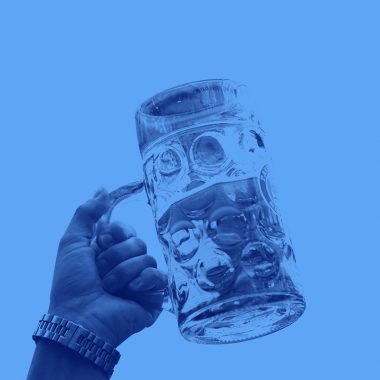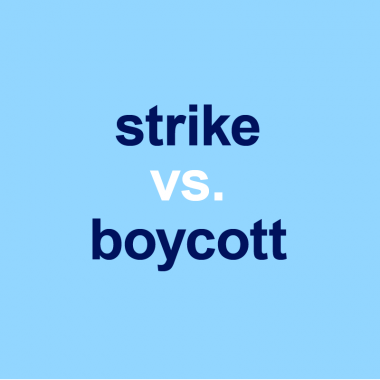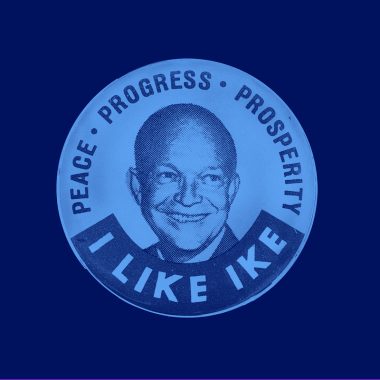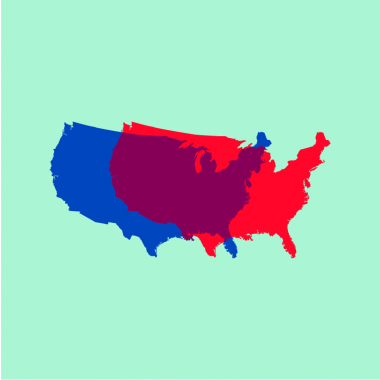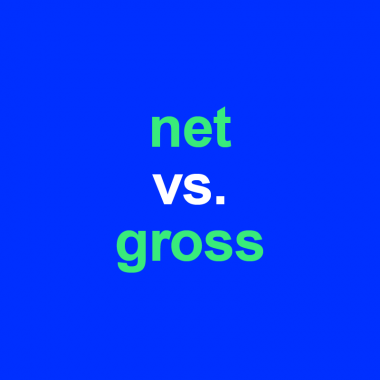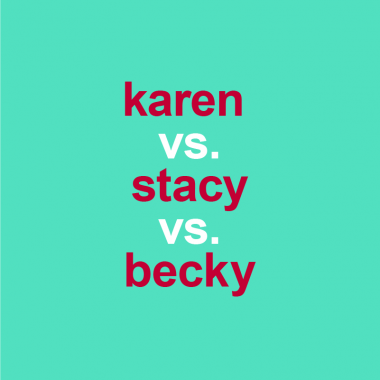What Does “Craft Beer” Actually Mean?
by Alyssa Pereira Not all beers are made equal. That much is made apparent in a walk through any local market anywhere in the US. The majority of beer sections in American grocery stores and neighborhood bodegas aren’t exactly artisan creations. Rather, they’re mass-produced, packaged, and sold by one of just a few international beverage conglomerates. But alongside them, if you look carefully, you’ll often …
